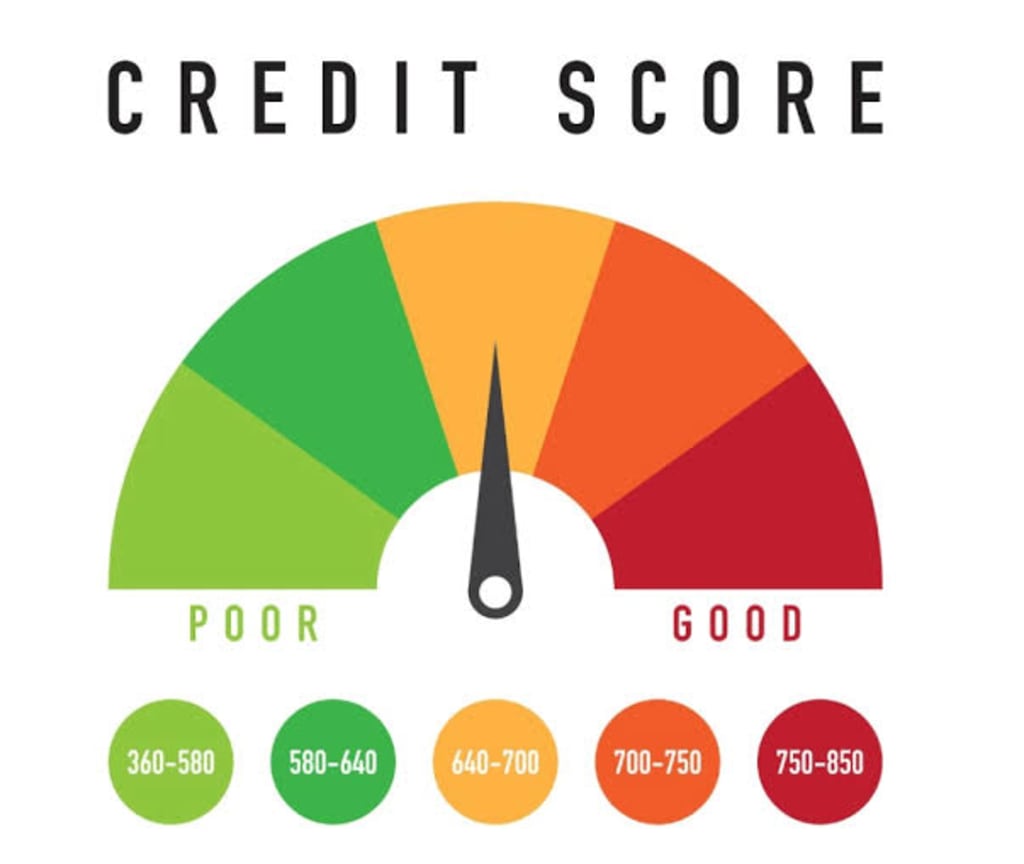
"
Your credit score is a critical component of your financial health. It determines whether you can get approved for loans, credit cards, and other financial products, and affects the interest rates and terms you receive. Understanding your credit score is important for managing your finances and achieving your financial goals. Here's what you need to know.
What is a credit score?
Your credit score is a numerical rating that reflects your creditworthiness. It's based on your credit history, including your payment history, the amount of debt you owe, the length of your credit history, and other factors.
Credit scores range from 300 to 850, with higher scores indicating better creditworthiness. In general, scores above 700 are considered good, while scores above 800 are considered excellent.
Why is your credit score important?
Your credit score is important because it affects your ability to borrow money and the terms you receive. Lenders use your credit score to determine whether to approve your application for loans, credit cards, and other financial products. They also use your credit score to set the interest rates and other terms you receive.
Having a good credit score can save you money in the long run, as you'll be able to qualify for lower interest rates and better terms. On the other hand, a low credit score can make it difficult to get approved for credit, and can result in higher interest rates and fees.
How can you improve your credit score?
Improving your credit score takes time and effort, but it's worth it in the long run. Here are some tips for improving your credit score:
1. Make payments on time. Payment history is one of the most important factors in your credit score. Make sure you make all of your payments on time, including credit card payments, loan payments, and other bills.
2. Pay down debt. The amount of debt you owe is another important factor in your credit score. Try to pay down your balances as much as possible, and avoid using too much of your available credit.
3. Build a long credit history. The length of your credit history is also a factor in your credit score. If you're new to credit, try to establish credit as soon as possible by opening a credit card or getting a small loan.
4. Avoid opening too many accounts at once. Applying for too much credit at once can lower your credit score. Only apply for credit when you need it, and don't open too many accounts at once.
5. Monitor your credit report. Make sure to check your credit report regularly to make sure there are no errors or fraudulent accounts. You can get a free copy of your credit report from each of the three major credit bureaus (Equifax, Experian, and TransUnion) once per year.
What are some common credit score myths?
There are many myths surrounding credit scores that can be confusing. Here are some common myths and the truth behind them:
Myth #1: Checking your credit score will lower it. Truth: Checking your own credit score is considered a "soft inquiry" and doesn't affect your credit score.
Myth #2: Closing a credit card will improve your credit score. Truth: Closing a credit card can actually hurt your credit score, as it reduces your available credit and can shorten your credit history.
Myth #3: You need to carry a balance on your credit cards to improve your credit score. Truth: Carrying a balance doesn't improve your credit score. It's better to pay your balances in full each month to avoid interest charges.
Understanding your credit score is essential for managing your finances and achieving your financial goals. By following these tips and debunking common myths, you can improve your credit





Comments (1)
According to the FHA you must have a credit score of 650 above before you can get apartment from them, though my score was at the rate of 450 and I needed to get an apartment but my score was low with a lot collection in items, Tax liens, Repos, Late payment, loans, all this hinder me from getting an apartment from FHA. I have searched and searched for a credit repair agent but to no avail, I got referred to XAP Credit Solution from an old friend so I emailed XAPCREDITSOLUTION AT GMAIL DOT COM. After discussion, all the collections, loans, tax liens, repos and late payment were removed. Late payments were marked as paid on time, he also paid off my credit card debts. It was amazing. I don’t know how he did this in less than a week but I think he is the best when it comes to credit repairs and other hacking issues. You can as well contact him if you need his services. Happy New Year!